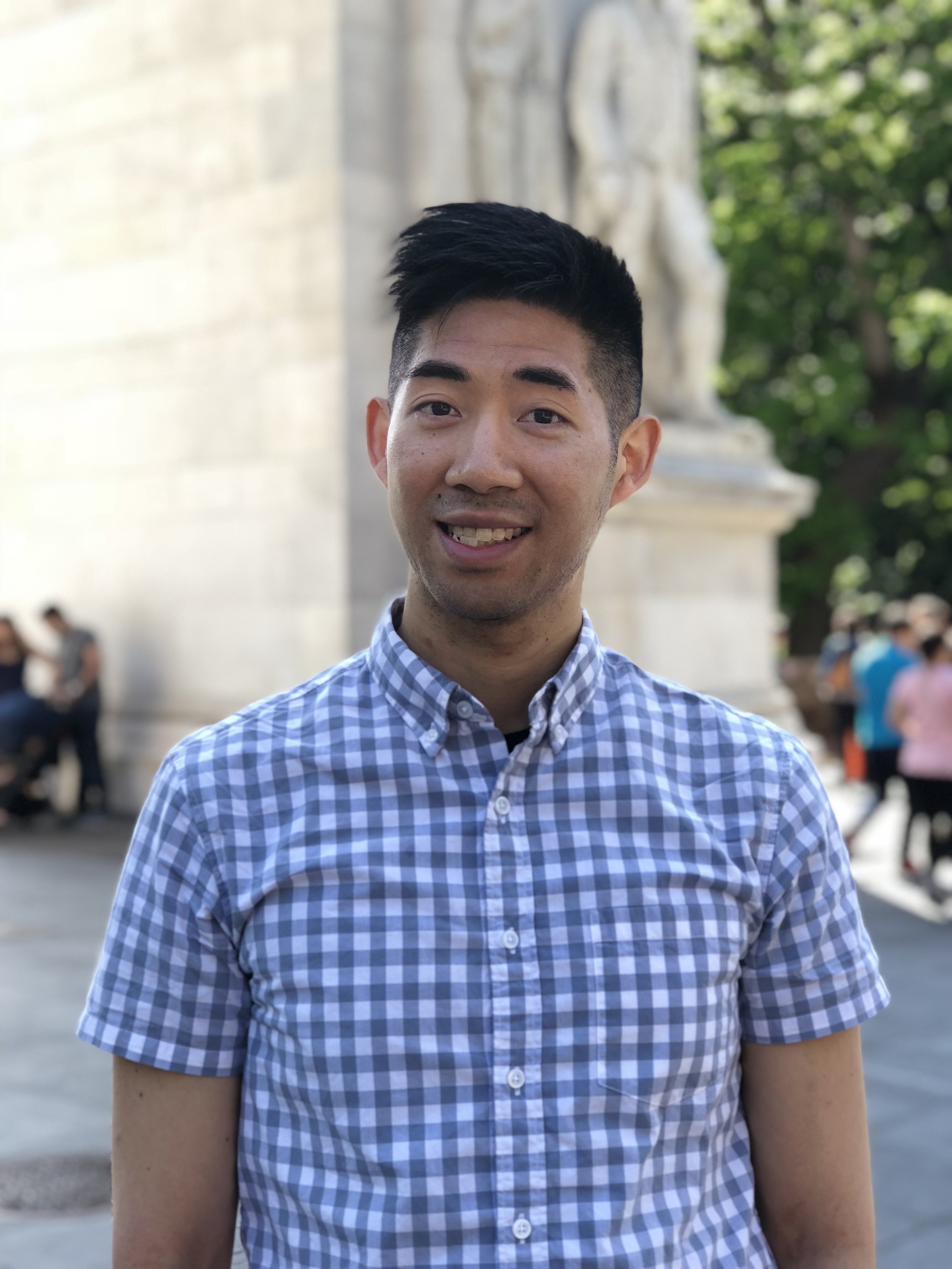SSWR Doctoral Student Spotlight
The SSWR Doctoral Student Members Task Force is launching a new series featuring research conducted by doctoral students. The series is intended to bring awareness and attention to the research being done by social work doctoral students, as well as important issues in the field. One spotlight piece will be featured each week on the SSWR Doctoral Student Member Blog & Facebook Page during the spring 2019 semester.
Gary Kwok
Project FORWARD (Facing Obstacles in Relationships and Work with Action, Resources, Direction)
Student Researchers: Delores A. Owens and Gary Kwok
About the Researchers: Gary is a 5th year PhD Candidate in the School of Social Work at Adelphi University. Using a strength-based approach, his research intersects LGBTQ communities, racial identities, adolescence development, and mental health disparities. On his free time, Gary likes to watch cooking shows and imagine how they would’ve tasted.
Delores A. Owens, MPH, MPA is a PhD Candidate at Adelphi University School of Social Work. Her research interests include: health disparities among low socioeconomic status populations, incarcerated and formerly incarcerated women, girls at risk or involvement in the juvenile justice system, youth culture and interpersonal relations [abuse] and social media
Delores A. Owens
Description of the Study: Project FORWARD is a federally funded partnership to evaluate intervention programs targeting behavioral health, family violence prevention, criminal justice, economic stability, and job development among youth and young adults.
Purpose: The purpose of the project is to understand the programs from the perspective of different stakeholders (e.g., clinicians and clients) and provide recommendations to improve services to all partners.
Methodological Approach: We incorporated a mixed method approach. We surveyed participants and used the quantitative data to assess the efficiency of the program. We also interviewed and hosted focus groups with service providers on various aspects of the programs.
Findings: We noticed that there may be a possible gap between intervention curriculum and the participants. Particularly, we found that the current dating violence prevention curriculum lacks up-to-date materials on the current relationship cultural (e.g., sexting, dating languages, etc.).
Anticipated Implications: We anticipate that the results will inform all the stakeholders on the current state of the programs. It also gives us insights to how to tailor interventions to better serve the clients in the communities.
Challenges Encountered: One of the lessons we learned was strategizing ways to maintain an acceptable response rate in longitudinal research with adolescents. Various strategies must be involved including: timing (e.g., recruiting in the summer vs. follow up during summer recess), using online survey platform, having a healthy working relationship and constant communication with their teachers, and so forth.


